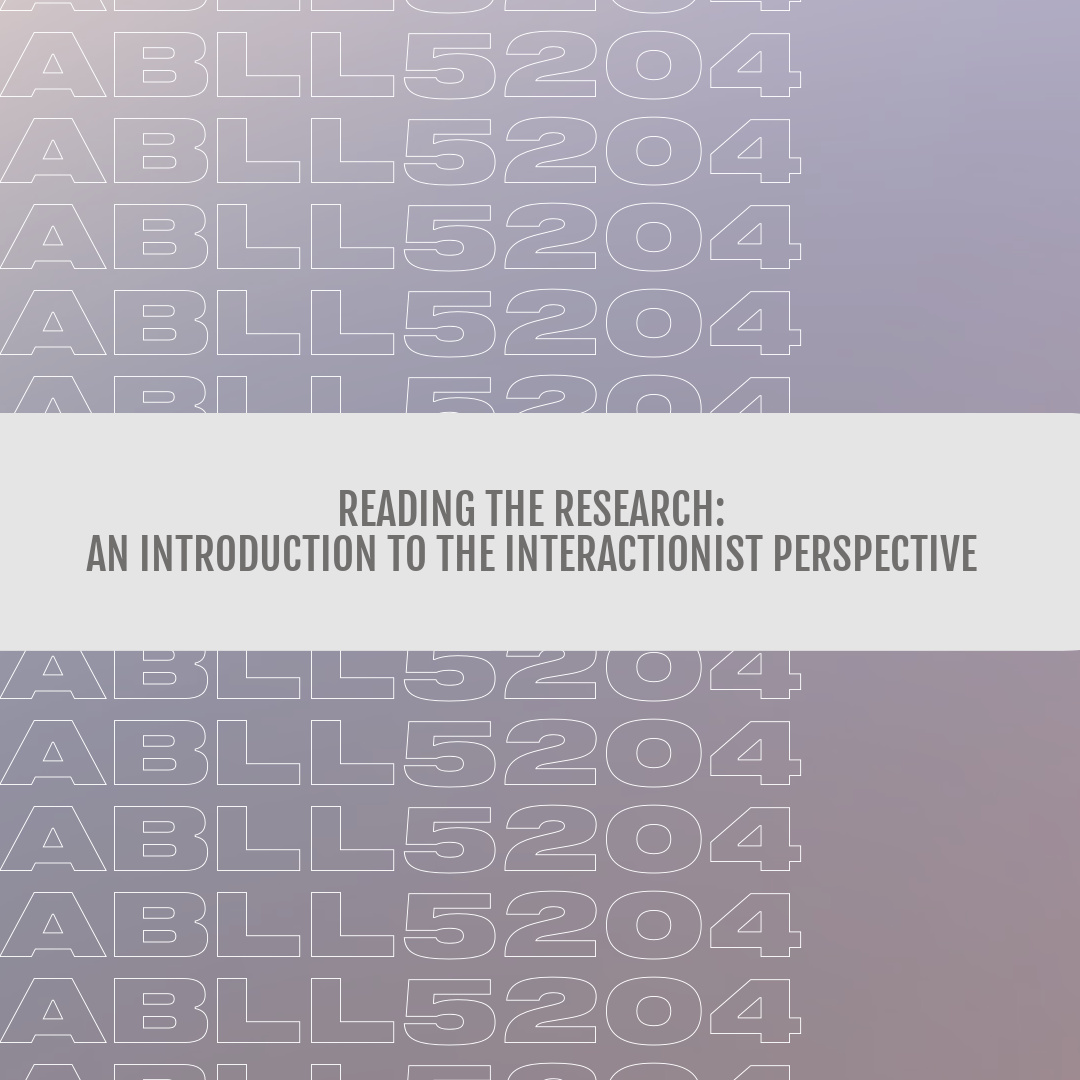
Welcome to Spotlight Professional Learning and our course:
Reading the Research: An Introduction to the Interactionist Perspective
During this offering, participants will read two articles on the interactionist perspective and a discussion of the implications and possible applications to the reader’s daily work. Both articles suggest that individuals can actively engage with their jobs to modify their situation into something more conducive to happiness. When professionals know what strategies are effective, they can take ownership of advocating or creating opportunities to get the most out of their careers.
Learner outcomes
After this course, participants will be able to:
- Discuss the interactionist perspective of happiness
- Identify methods for fostering resilience, improving your well-being, and navigating challenges more effectively
Course Outline:
Introduction (1040 words)
Pre-Reading Preparation (406 words)
Reading: Happiness: An Interactionist Perspective (6478 words)
Reading: Does Age Matter (9432 words)
Discussion (654 words)
Conclusion (360 words)
Course Evaluation (105 words)
Assessment/Satisfactory completion: Quiz/Exam with a score of 80% or higher.
Target Audience: Audiologists; Speech-Language Pathologists; Speech, Language, and Hearing Scientists; Audiology and Speech-Language Pathology Assistants; and Students.

The reading for this course can be found for free at the buttons below or later within the lesson pages.
Article 1: Ahuvia, Aaron & Thin, Neil & Haybron, Daniel & Biswas-Diener, Robert & Timsit, Jean & Ricard, Mathieu. (2015). Happiness: An interactionist perspective. International Journal of Wellbeing. 5. 1-18. 10.5502/ijw.v5i1.1.
Article 2: van der Heijden, Beatrice & Veld, Monique & Heres, Leonie. (2021). Does age matter? Examining career commitment as a moderator in the relationship between age‐related HR/D practices and subjective career success for younger versus older academic staff. Human Resource Development Quarterly. 33. 10.1002/hrdq.21463.


